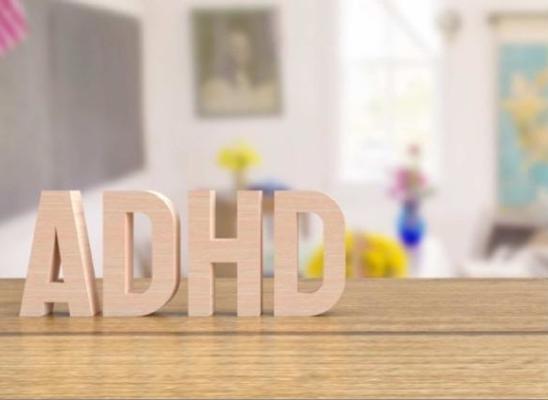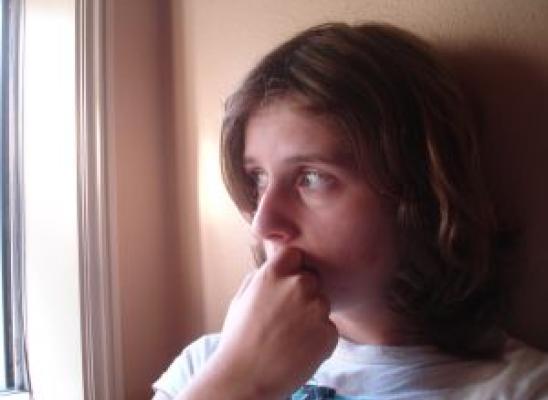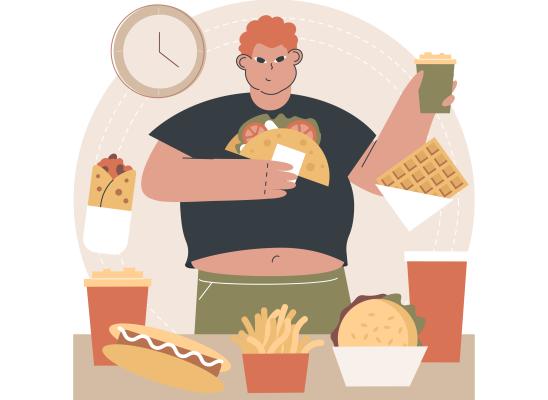Aspergers Syndrome and Trichotillomania
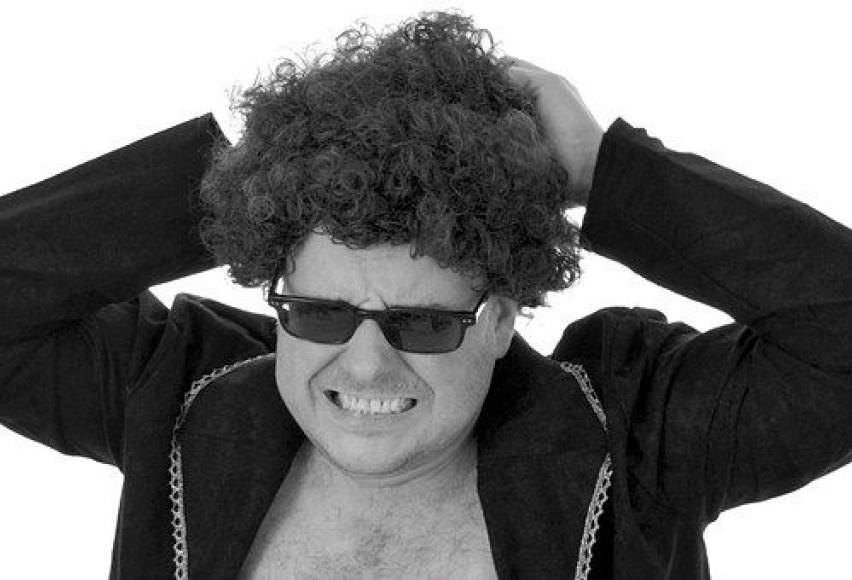
Online test
Find out the severity of your symptoms with this free online test
In a previous post we noted that repetitive behaviors such as hair pulling and other stereotypic movements are commonly seen in individuals on the Autistic Spectrum, went on to discuss the relationship between trichotillomania and the Autsim Spectrum. In social media recently this relationship has once again come up when Dan, an adult with Aspergers Syndrome speaks about having trichotillomania on his Youtube channel Aspie World. As someone with Aspergers, known informerly as an Aspie, Dan vlogs about his daily life and shares information he thinks will be helpful to other aspies.
What is Aspergers?
Aspergers syndrome is infact a disorder that falls on 'higher functioning' end of the Autism Spectrum. According to awareness and advocacy group Autism speaks:
Affected children and adults have difficulty with social interactions and exhibit a restricted range of interests and/or repetitive behaviors. Motor development may be delayed, leading to clumsiness or uncoordinated motor movements.
In this description you can see the similarities in symptoms in Aspergers and Autism. The key difference though is there is no siginificant delays in cognitive or language development, which is why Aspergers is sometimes referred to as High Functioning Autism.
Asperger Meltdowns
When talking or reading about Asperger's you will often come across the term meltdown. While not all aspies have meltdowns and those that do happen are not necesarily all as out of control as is commonly portrayed in the media, the emotional regulation difficulty that aspies experience is a very real and traumatic event. While some may have developed mechanisms to cope with this emotional overload, that does not make the experience any less real. As on the rest of the Autism Spectrum, these difficulties in regulating one's emotions are often attributed to a difficulty in sensory processing. Although Sensory Processing Disorder (SPD) is a clinical diagnosis on its own, the difficult with regulating sensory stimuli often co-occurs in people with Autism and hence in Asperger's. Hair pulling is one of the many self-stimulating or self-soothing actitivies used by people with Apergers to self-regulate.
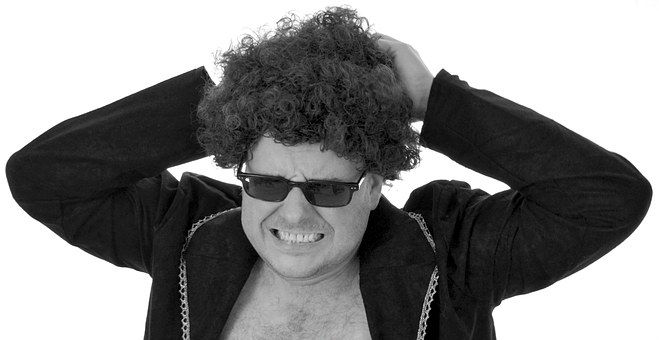
How to address is?
As with any clinical diagnosis, the first step is recognizing the symptoms and acknowledging the problem. If you think you or an aspie you care about has trichotillomania there is a handy self-assessment test you can take on this website to establish the severity of the problem. the next step will be to determine what the underlying cause of the behavior is. If it is a sensory problem there witll be other clues in the person's behavior that they are either sensory seeking or sensory avoidant, in which case a sensory integration therapy may be the best appraoch. However anxiety and stress can also be triggers for hair pulling, and aspies are often susceptaible to high levels of stress or anxiety due to their general difficulty with flexibility to social expectations and norms. In this instance behavioral coping mechanisms to deal with times of high stress and anxiety may be the better route to take. Regardless, an aspie requires a good support system to thrive in their day to day lives and this in iteself can go a long way to helping the individual to cope more effectively in their daily lives.
Online test
Find out the severity of your symptoms with this free online test
Start your journey with TrichStop
Take control of your life and find freedom from hair pulling through professional therapy and evidence-based behavioral techniques.
Start Now
